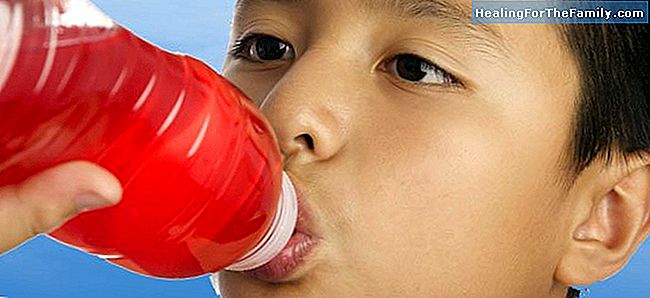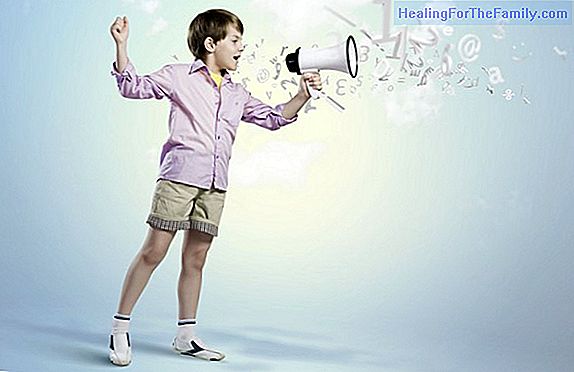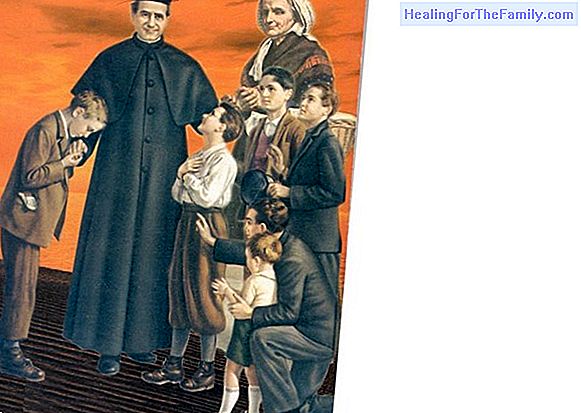Dangers of energy drinks for children
Energy drinks reached the popular market in the 90s, taking the leap from what was a measure to replenish energy in the case of elite athletes or sportsmen, to to be placed on the shelves of standard supermarkets and to become a frequent drink for children and adolescents. According to surveys, ener
Energy drinks reached the popular market in the 90s, taking the leap from what was a measure to replenish energy in the case of elite athletes or sportsmen, to to be placed on the shelves of standard supermarkets and to become a frequent drink for children and adolescents.
According to surveys, energy drinks are consumed by between 30 and 50% of children and adolescents, especially during exam periods or sports competitions, but are these drinks ready to be consumed in childhood? ? What do they contain? Are these energy drinks dangerous for children?
Risks of energy drinks for children

- Energy drinks may contain, among others, caffeine, taurine, ginseng, vitamins and mineral salts, supplements considered "natural", sugar or artificial sweeteners. These drinks also carry labels that ensure that their consumption produces an increase in energy levels, concentration and sometimes even suggest that they help to lose weight. The danger that this poses in adolescence is evident, since the marketing of these products is designed to make them attractive and is tremendously aggressive, especially when it comes to a young man in training.
- Caffeine is something that should be avoided, or at least postponed as much as possible. Although caffeine in moderation is tolerated by healthy adults, at a younger age of the consumer, greater risk of health problems, especially if consumed in the amounts contained in energy drinks. The amount of caffeine in cola drinks is regulated as they are considered food products, however, energy drinks do not fall into this category but in the dietary supplements, so their content is free and much higher than cola drinks or other drinks such as coffee.
- Taurine is an organic acid that, in the body, can be synthesized through the metabolic pathway of two amino acids, methionine and cysteine, so it is found in the human body albeit in small amounts. In the amounts containing energy drinks is still under study, but it has been observed that its combination with caffeine initially produces a decrease in heart rate. However, according to the observations made in adolescents, it may result in an increase in blood pressure and tachycardia after consumption.
- Energy drinks do not provide therapeutic benefits and the consumption of some of their ingredients is not studied in depth. The possible effects of the consumption of energy drinks are worsened in childhood, since the quantities of most of their ingredients are well above the tolerability limits at these ages.
- Some energy drinks, such as those that contain only vitamins, minerals and sugars, are more benevolent , although they are not recommended either. The micronutrient needs must be covered from the diet and not by supplements such as these drinks, so they should not be part of a balanced diet, and even less in childhood or adolescence.












